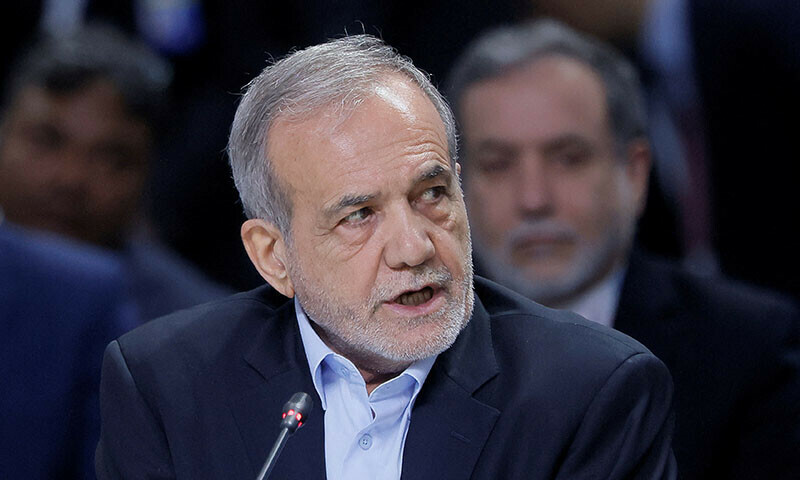ISLAMABAD: The Federal Board of Revenue (FBR) has complained that the grant of bail to a suspect in Rs40 billion tax fraud case by the Islamabad High Court (IHC) on just Rs100 surety bonds has hampered FBR’s ability to investigate financial scams and set a dangerous precedent for tax evasion cases by rendering the law passed by parliament irrelevant.
The FBR filed a petition before the Supreme Court seeking cancellation of the post-arrest bail to the suspect.
On Dec 23, Justice Babar Sattar while granting post-arrest bail to the suspect observed that he had no role in the taxpayer’s business operations or in any understatement of tax liability. The judge criticised tax officials for abusing their powers under the Sales Tax Act and initiating criminal proceedings disregarding the established legal precedents.
The Supreme Court is set to review the FBR petition challenging the IHC decision to grant bail to Shahid Hussain Khawaja, a bank manager accused of involvement in a multibillion rupee sales tax fraud.
IHC decision set ‘dangerous’ precedent for tax evasion cases, SC told
The FBR, represented by its deputy director of the inland revenue’s directorate of intelligence and investigation, has sought leave to appeal under Article 185(3).
According to the FIR, over Rs20 billion tax evasion was committed and the banker allegedly played a key role in facilitating the fraudulent operations by opening and managing bank accounts for dummy entities, enabling the laundering of Rs4.82bn back to the primary beneficiaries — M/s Pakistan Accumulators (Pvt.) Ltd and M/s ACM Hi-Tech Engineering (Pvt.) Ltd.
The FBR alleged that both entities were involved in Rs20bn sales tax fraud. One of their alleged 27 dummy suppliers was involved in providing fake supplies of Rs9.6bn. It further alleged the director of the alleged dummy company was a rickshaw driver, Mohammad Hussain, who was paid Rs5,000 a month for allowing his identity to be used for fraudulent transactions.
The IHC granted bail to Khawaja on Dec 23 against Rs100 surety bonds, citing insufficient grounds for further detention and questioning the necessity of prior tax adjudication before criminal proceedings.
The FBR in its petition before the SC argued that the high court misinterpreted legal provisions under the Sales Tax Act, 1990, and ignored critical amendments introduced via the Finance Act, 2024.
The board stated that the IHC “failed to scrutinise the evidence establishing the respondents’ active role in orchestrating fraud, forgery, and money laundering through Benami accounts, amounting to a criminal conspiracy”. The decision undermines the legislative intent of enabling simultaneous civil and criminal proceedings under the Sales Tax Act, the FBR claimed. The agency emphasised that recent amendments clearly allowed criminal prosecution, independent of civil adjudication, and apprised the SC that the IHC order set a dangerous precedent for future cases of tax fraud.
The FBR also alleged that the IHC failed to consider material evidence including suspicious financial transactions and gratifications received by the banker. They contended that the suspect’s release posed a risk to the integrity of ongoing investigations.
The board stated that the grant of bail to key suspect made the statue “ineffective”, “eroding state revenue and financial integrity” besides it “hampers the ability of investigating agencies to combat fraud effectively, allowing perpetrators to escape liability under the pretext of incomplete civil assessments.”
Published in Dawn, January 15th, 2025





Leave a Reply